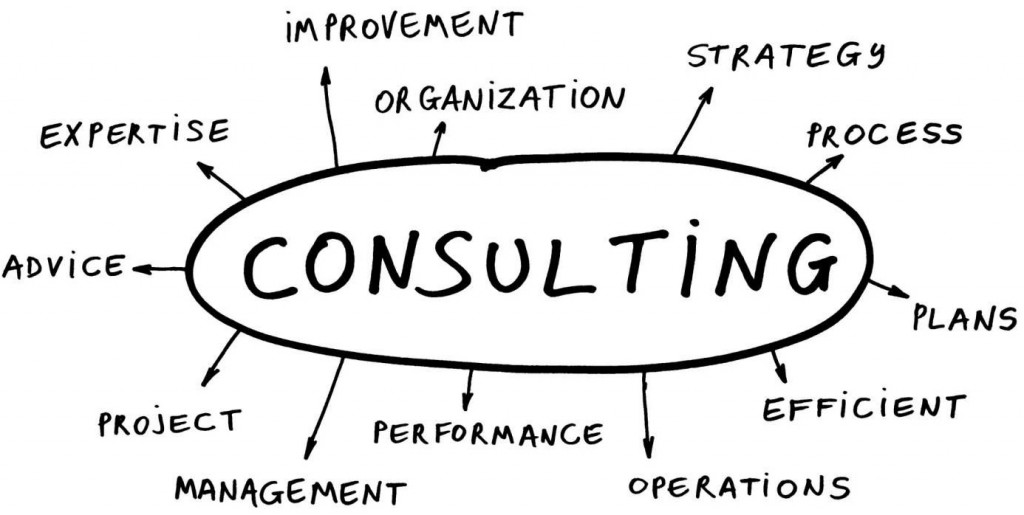
Financial advisers are professionals offering financial services and advice to clients. This job requires special training and registration with a regulator. A number of factors should be considered when considering becoming a financial adviser. Learn more about conflict of interest, fees and working with financial advisors. This article will help guide you in making the right decision. Remember, the more information you have, the easier it will be to make sound financial decisions. In this article, we will look at some of the most important factors to consider.
Work environment
Work environment for financial advisors is dependent on their work location. While many work in investment banks or banks, as much as 40% of financial advisers are self-employed. In addition to working for a large corporation, they may also own a small practice group. The role of a financial advisor has changed as technology has. Financial planners enjoy flexible work hours and a low workload.
Traditional financial advising methods still exist. It is vital to meet clients facetoface and monitor their assets. You can also choose to work as a financial advisor for a private bank, or an offshore group. There are no requirements for formal education, but it is beneficial to have work experience in sales, customer services, or advisory. Experience in retail banking is often more valuable than academic qualifications. A postgraduate degree in the relevant discipline is a good idea if you work in regulated firms.

Fees
Fees for financial advisors are dependent on the level of service you receive and their experience. A comprehensive financial plan can run from $2,000 to $10,000 per year. A comprehensive financial plan can cost as much as $30,000. These fees can be based on your investment value or whether you purchased a product through your financial adviser. If you're unsure about whether you'll need financial advice, make sure you ask your prospective financial adviser about his or her fee structure.
Ask your financial advisor to explain the benefits they will bring you. Ask what fees would benefit you if they were higher. If you prefer a fiduciary to represent your best interests, they should be legally bound to do so. A financial advisor can help you with many things, including estate planning and tax planning. They can also assist you in evaluating the impact of charitable gifts. They can help you with more than just money management.
Conflicts of Interest
Financial advisors may be involved in conflicts of interest. These activities could include relationships to centers of influence and business partners. For item 10 on the Securities and Exchange Commission reporting forms, Form ADV requires firms to disclose financial industry affiliations. Financial advisers must also disclose any insurance products for which they receive a commission. It is important to identify and disclose such relationships. Unsolicited disclosure could lead to conflicts of interest.
There are many reasons for conflict of interest in financial services. These include compensation programs and personal financial dealings. When the compensation is tied to the recommendation of an investment product, the financial adviser may put their own interests before the best interest of the client. While the compensation for these actions is generally incidental, it may be hard to discern the motivations behind recommendations. Investors should identify conflicts of interests as soon as possible.

Working with a financial adviser
A financial adviser's fees could be the most significant expense in your investment journey. These fees are not the only cost to be aware of when working alongside a professional. They also have a large impact on your overall wealth. The following are tips for negotiating the fees of a financial adviser. - Make sure you are fully aware of the fees that will be charged. Ask your adviser to guide you through the contract. You should be able to understand the services included, early termination fees, and what happens if your adviser leaves.
- Don't make knee-jerk investment decisions. It's tempting to jump at the first decision, even if it isn't well-informed. However, this could end up costing you a lot of cash. An adviser will give you the insight and support to stick to your plan. In fact, working with a financial adviser is 150% more likely to result in a long-term investment strategy. It is estimated that 4/5 Canadians don't have confidence in their financial situation.
FAQ
Are you a qualified consultant?
It is best to study a subject well and then practice what you have learned.
Learn how to be a great consultant by studying now!
If you have a degree but no relevant experience, you may struggle to get hired. But, if your qualifications are comparable to those who have been hired, you might still be eligible to apply.
Employers will always seek out candidates who have real-world experience.
What does it cost to hire an expert?
There are many factors that influence the price of consulting services. These factors include:
-
Project size
-
Time frame
-
Scope and nature of work
-
Fees
-
Deliverables
-
Other considerations include experience level, geographic location, and so forth.
What is the average time it takes to become a consultant
Your industry and background will determine the length of time it takes. Most people begin their journey with less than a month before finding work.
Some consultants, however, spend many years perfecting their skills before they find work.
What should your consulting fees be?
It depends on what you are offering. If you are providing services for free, then there isn't any point in charging anything. If you sell products or services, however, you must set prices based upon value.
If you are offering low-quality services, you don't have much to sell. You are not worth anything, so why should anyone pay you anything.
If you are providing high-quality services, then you could ask for a higher price because people recognize the value you provide. Also, clients who purchase multiple packages from your company may get discounts.
How do you choose a consultant to help me?
There are three main factors to consider:
-
Experience - How experienced is the consultant? Are you a beginner or an expert? Does her resume reflect the knowledge and skills she has?
-
Education - What did this person learn during school? Did he/she go on to further education after graduation? Were there any evidences of this learning in his/her writing?
-
Personality - Do we like this person? Would we like him/her to work with us?
-
These questions are used to determine if the candidate is right for us. If the answers are not clear, it may be worthwhile to interview the candidate in person to get more information about them.
Statistics
- "From there, I told them my rates were going up 25%, this is the new hourly rate, and every single one of them said 'done, fine.' (nerdwallet.com)
- According to statistics from the ONS, the UK has around 300,000 consultants, of which around 63,000 professionals work as management consultants. (consultancy.uk)
- WHY choose me: Why your ideal client should choose you (ex: 10 years of experience and 6-week program has helped over 20 clients boost their sales by an average of 33% in 6 months). (consultingsuccess.com)
- 67% of consultants start their consulting businesses after quitting their jobs, while 33% start while they're still at their jobs. (consultingsuccess.com)
- Over 50% of consultants get their first consulting client through a referral from their network. (consultingsuccess.com)
External Links
How To
How do I find a good consultant?
Finding a great consultant starts with understanding your expectations. Are you looking for them to improve the performance of your website? Do you want them to optimize your site to rank higher in search engines? You might also want someone to help you determine if your hosting provider is in trouble. Once you know what type of services you need, you should start looking at different companies. While there are many consultants that claim to be able provide these services for you, not all of them will. How do you select the right consultant for your project? Here are some considerations when choosing a consultant.
-
Ask for referrals. This is probably one of the best ways to find a consultant. You shouldn't hire someone you haven’t met before as they will probably charge you too much. However, you don't want work with someone who has a bad reputation. If you are lucky enough to be referred by people you trust, that's awesome! You might also be able to find reviews online even if there are no referrals. Seek out testimonials from satisfied clients.
-
Ask around. Many people don’t know that they could gain from consulting. People believe they don't have to make any changes because they are currently doing well. This is often incorrect. Even if you are seeing great results, it is likely that you have not been keeping up to date with technology and trends. And if you're relying on outdated methods, you'll miss out on opportunities to grow your business. It's always worth asking around to see if anyone knows of a good consultant.
-
Be sure to check their credentials. You don't need to worry about whether they are building a website or an eCommerce store worth millions. Make sure that they're qualified to perform the tasks you need to be done and that they have sufficient expertise in the area.
-
Find out what kind of projects they specialize in. You might think that everyone can handle all projects, but this is false. Some areas require specialized training and education. You wouldn't hire someone who can build a WordPress theme if they aren't experts in Drupal. This is true for programming languages and graphic design. Be sure to ask what kinds of projects they typically work on.
-
Know what they charge. As we mentioned, it is important to know what they charge. You also don't want too much. Consultants come in many sizes and shapes. There are some that charge an hourly fee, while others may bill per job. You can save money by knowing upfront exactly what you will be paying.
-
Learn what they offer. Do they offer free consultations? Will they give you advice on how to set up your own system? Is there a guarantee that your site will rank higher after working with them? If you don't like what you hear during your consultation, you should feel confident knowing you can cancel without penalty.
-
Finally, find out if they offer discounts for multiple months or years. Many consultants offer discounted pricing for extended periods of time. You may not need to commit to a full year, but you may also take advantage of whatever deals they offer.